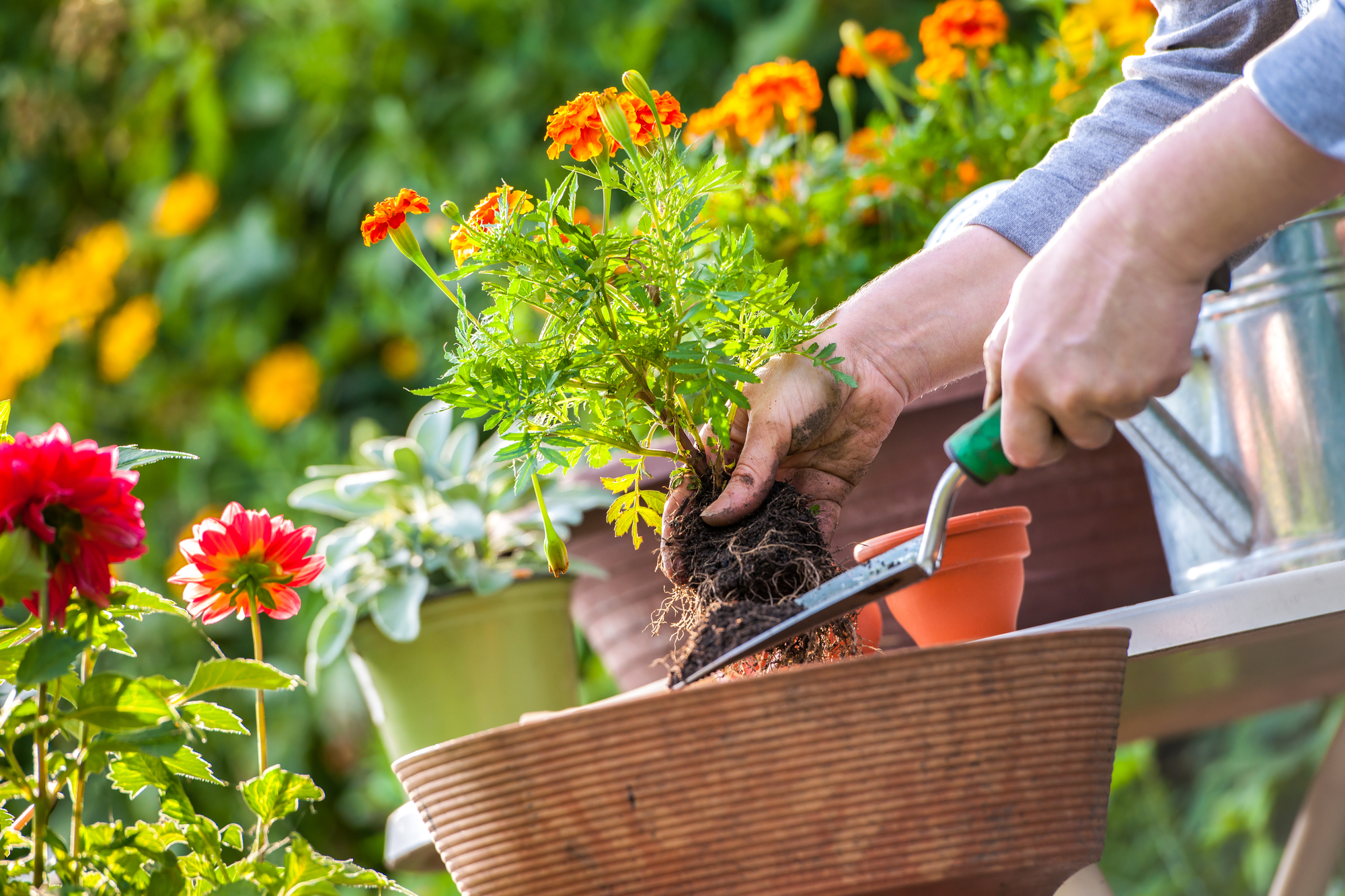Gardening is a dynamic, year-round endeavor, each season bringing its own unique set of challenges and opportunities. Understanding how to adapt your gardening practices, especially in terms of soil and mulch management, is crucial for maintaining a healthy and thriving garden throughout the year. This comprehensive guide delves into the best practices for managing soil and mulch across different seasons, ensuring your garden’s vitality and beauty.
Understanding Soil Health
Soil health is the cornerstone of plant growth and varies significantly with the changing seasons. Regular testing of soil quality and pH levels is essential. Amendments like lime or sulfur can be used to optimize soil pH, enhancing nutrient availability and overall soil structure for plant roots. Healthy soil fosters robust plant growth, increases resistance to pests and diseases, and improves water retention, making it foundational to gardening success.
Seasonal Soil Care
Spring:
Spring is a time of renewal and growth. The soil, after a long winter, needs rejuvenation. Incorporate organic compost into your soil to boost nutrient levels and adjust its pH levels as required. This period is also crucial for starting seedlings and transplanting, as the soil becomes warm and nutrient-rich. Ensure that the soil is loose and well-aerated to encourage root growth and development.
Summer:
Summer demands a focus on maintaining soil moisture and fertility. The increased heat can stress plants, making consistent watering and nutrient management key. Mulching plays a vital role in conserving water, controlling weed growth, and keeping soil temperatures consistent. A well-mulched garden in summer can withstand the heat and continue to flourish.
Fall:
Fall is the season to prepare your soil for the upcoming winter. Adding organic matter, such as fallen leaves or compost, can enrich and protect your soil. It’s also the time to care for fall plantings and perennials, ensuring they have a well-prepared foundation for overwintering. Preparing your soil in fall ensures it will be ready for the next growing season, fostering a healthier garden.
Winter:
Winter is about protecting the soil in dormant gardens. Using mulch and cover crops can preserve soil structure and nutrients during these cold months. It’s also an opportunity for garden planning and soil resting, as you prepare for the next growing season. Winter is a great time to reflect on the past season’s successes and challenges, planning how to improve your garden in the coming year.
The Role of Mulch in Seasonal Gardening
Mulch is an integral part of gardening throughout the year. At Saunders Landscape Supply, various types of mulch are available to suit different seasonal needs. In spring, applying mulch helps to warm up the soil and retain moisture, creating an ideal environment for new plantings. During summer, a thicker layer of mulch is beneficial for preserving soil moisture and protecting plant roots from the intense heat.
In fall, mulching your garden beds protects perennials and prepares the soil for winter, providing insulation and preserving moisture. In winter, mulch acts as an insulator for the soil, protecting it from freezing temperatures and maintaining the health of dormant plants.
Eco-Friendly Mulching Practices
Adopting organic and sustainable mulching practices benefits not only your garden but also the broader ecosystem. Creating homemade mulch from garden waste, such as leaves and grass clippings, can be an effective and eco-friendly way to enrich your soil. This practice reduces waste and provides your plants with valuable nutrients. Additionally, using organic mulches contributes to biodiversity in the garden, attracting beneficial insects and promoting a balanced ecosystem.
Adapting your soil and mulch practices according to the season is key to a successful garden. Utilizing the resources and products from Saunders Landscape Supply ensures that your garden remains vibrant and healthy all year round. With the right care, attention, and a sustainable approach, your garden can flourish, adapting seamlessly to the changing seasons and providing a beautiful, productive, and sustainable outdoor space.

